Editorial Note: This a column was originally titled “Love in a time without hugs” by Los Angeles Archbishop José H. Gomez, president of the U.S. Conference of Catholic Bishops, and published online March 24 in Angelus, the media arm of the Archdiocese of Los Angeles. The archbishop writes a weekly column in Angelus, called “New World of Faith.”
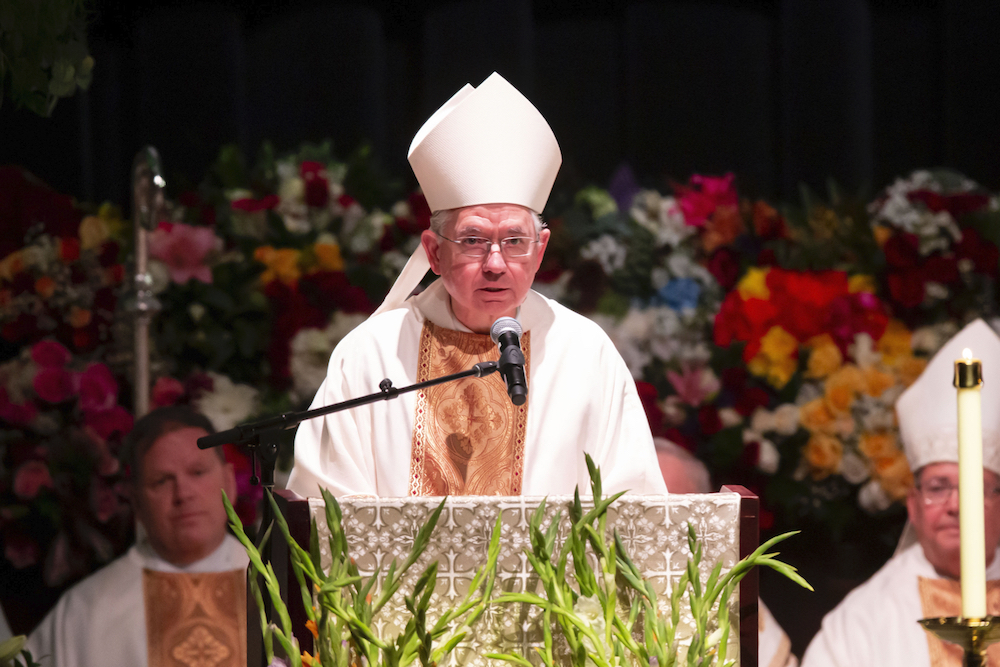
Lent is always a desert journey that we make with Jesus, Who fasted and was tested in the desert for 40 days and 40 nights. The prophet Hosea says the Lord leads His people into the desert to speak to their hearts. This Lent, it seems that the entire world has been led into a desert.
I live in the center of one of the most crowded, busy cities in the world, a city that never sleeps. Yet now the streets are empty and a great silence seems to have settled over Los Angeles and the rest of our country, and most of the world.
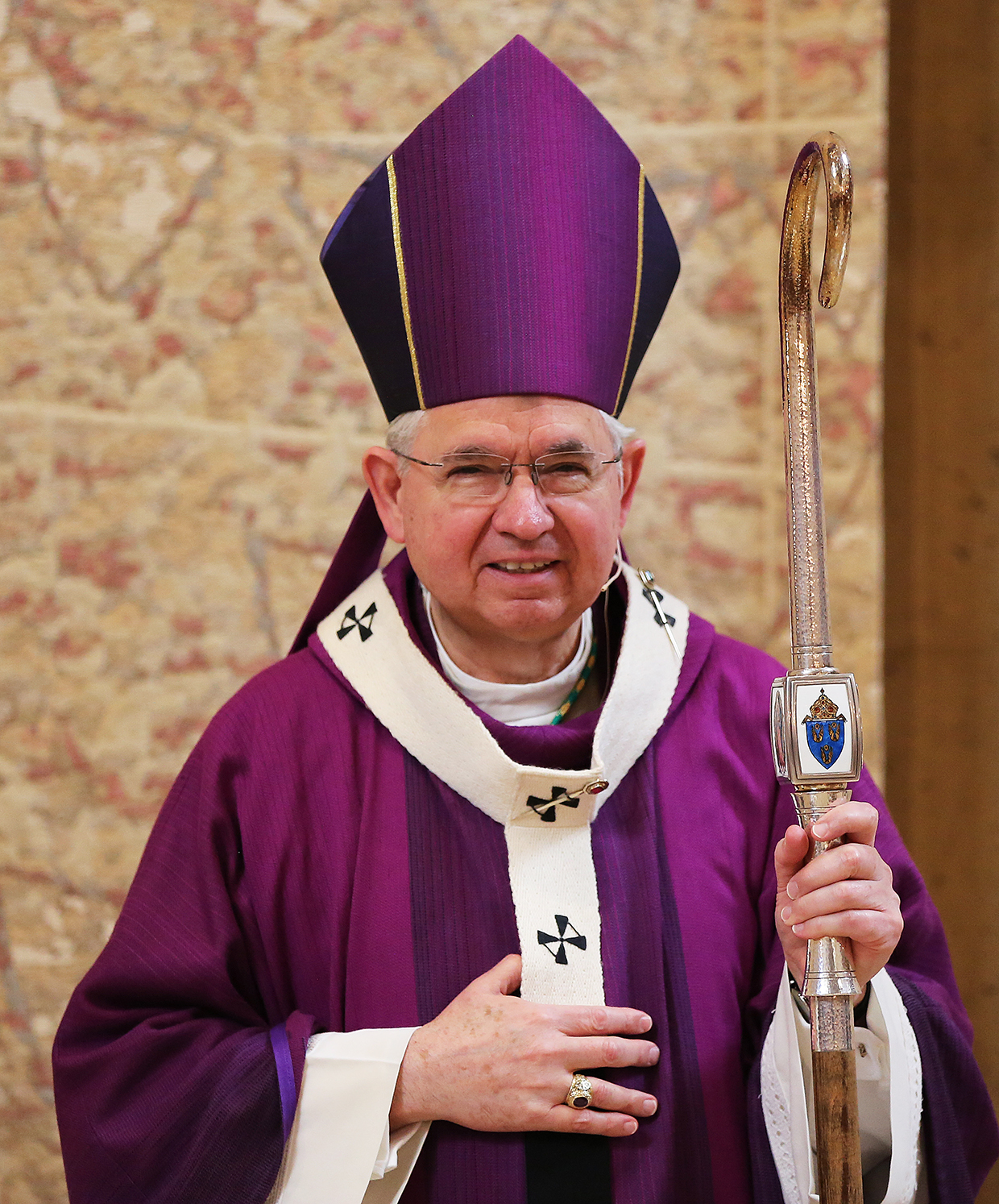

Within the span of a few months, we have seen what amounts to the shutdown of civilization — travel, commerce and economic production are all but ceased; millions are forced out of work and ordered by their governments to stay at home; hundreds of thousands are infected and tens of thousands are dying from a virus that few knew existed at the start of this year.
The Church was born in a time when epidemics were common. Dionysius, bishop of Alexandria, Egypt, wrote in an Easter message in the mid-third century: “Out of the blue came this disease, a thing … more frightening than any disaster whatever.”
I have been reflecting on this history and wondering: If God is speaking to our hearts in this desert, what is He saying to us? It is a question I hear many people asking with anguish: Where is God, what are His purposes in this time of the coronavirus?
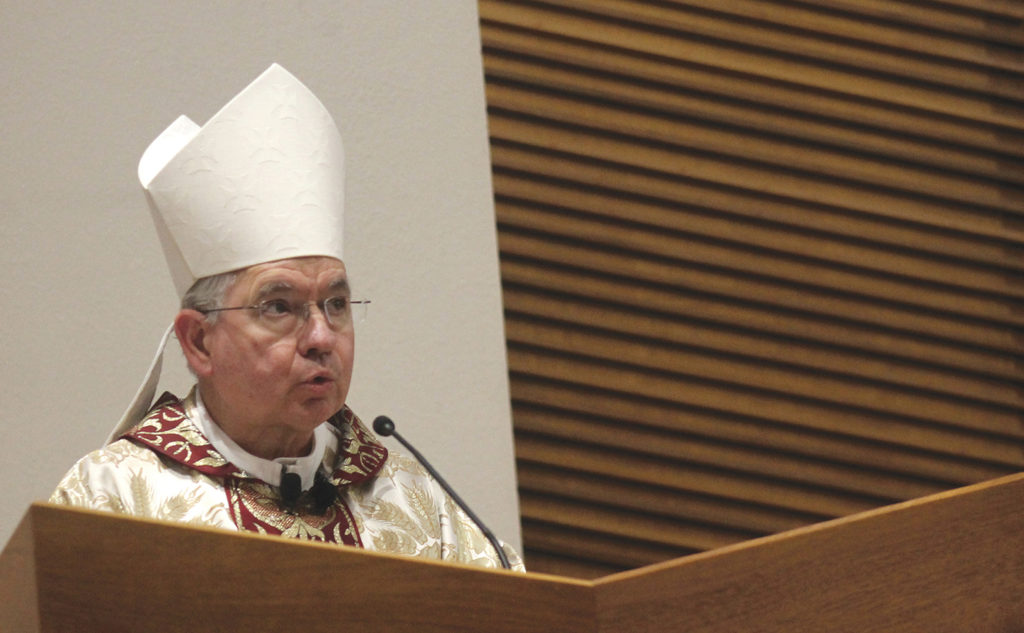

Our faith teaches us that God does not cause evil, but He does permit it, always with the intention of drawing good out of it. God’s ways may always remain mysterious to us, but we can be confident in His love for His creation and His love for each one of us.
We know His love is true because we have seen the heart of Jesus Christ.
Jesus came into our world as a healer. In every place He went, He brought the love of God to people who were blind and deaf, paralyzed and handicapped, epileptics and lepers, those afflicted with chronic pain and suffering.
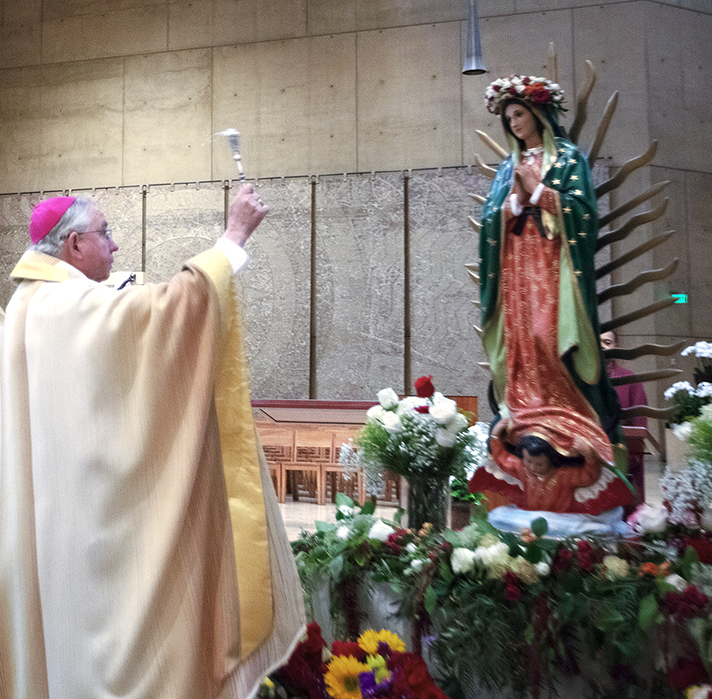

Jesus moved through this world with His heart open in compassion and His hands ready to serve others in love.
He tells His followers, then and now: “I have given you a model to follow, so that as I have done for you, you should also do.”
Following Jesus, the first Christians loved in a time of plagues and epidemics. They nursed the sick, buried the dead and consoled the grieving, often at great sacrifice and risk to their own lives.
Throughout the Church’s history, some of our greatest saints have been servants to the sick. I have been reflecting a lot these days on St. Damien and St. Marianne Cope, ministering to the lepers on Molokai, and St. Teresa among the diseased and dying in Kolkata.
There are saints being made in our present crisis. We will never know their names or stories, but I know we will look back on these as days when men and women performed beautiful acts of courage and love for their neighbors.
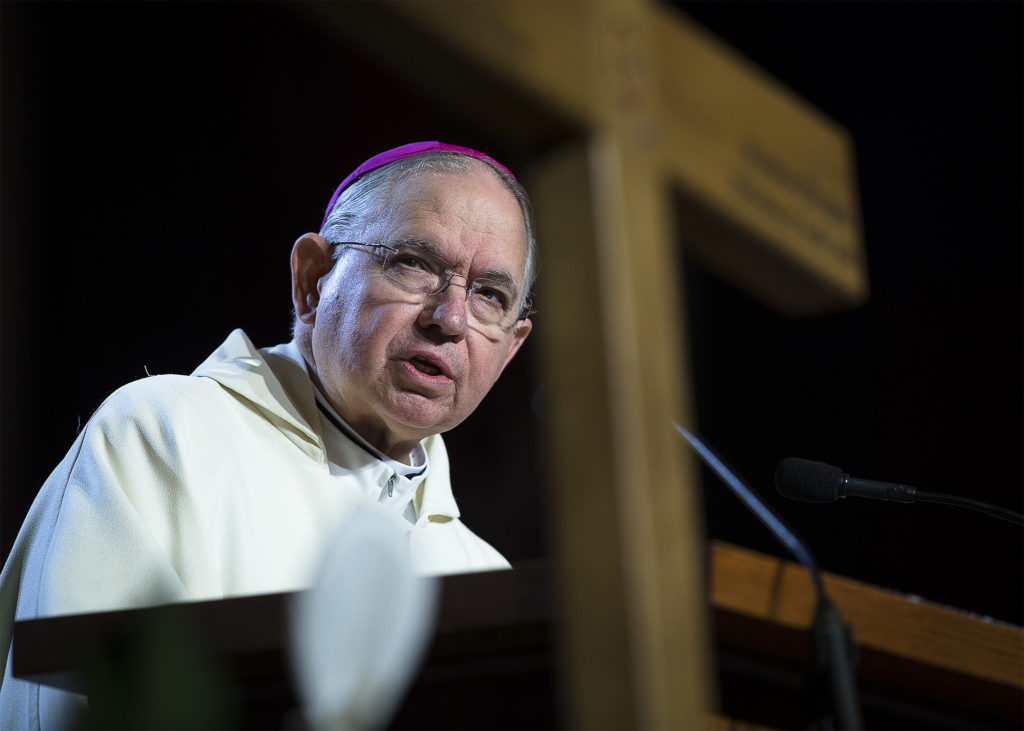

I am thinking not only of the doctors and nurses, or the priests, nuns and laypeople serving the sick and dying. There are saints being made among mothers and fathers who are keeping the hope of God alive for their children in a time of “sheltering at home.”
These are strange times, and our sufferings are peculiar. I was reading an interview with Vin Scully, the great Dodgers announcer and a fine Catholic gentleman. He was describing how his children visit him now but are afraid to come too close for fear they might infect him.
“They can sit quite a few feet away just to say hello,” he said. “But there’s no hugging and kissing. … We’re trying very hard to follow the rules. … It’s a very difficult time to go without hugs, you know?”
It breaks your heart that this is our reality. But even in a time when we cannot throw our arms around our loved ones, we can still love. And we must love. We can love, even at a “social distance,” even through phone calls and social media platforms. We can pray for one another, we can offer sacrifices, we can listen with understanding.
Where is God in this pandemic? The saints always answer: Where there is love, there is God. So, let us love.
Pray for me, and I will pray for you.
And together let us ask our Blessed Mother Mary to help us journey through this desert of Lent, to carry our cross with Christ and to witness to our faith in heaven — our confidence that he goes with us even in the darkness of sickness and death, even in the uncertainty of the times we are living in.





